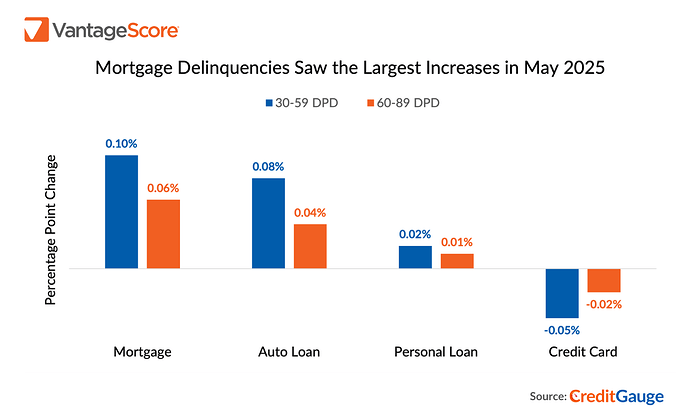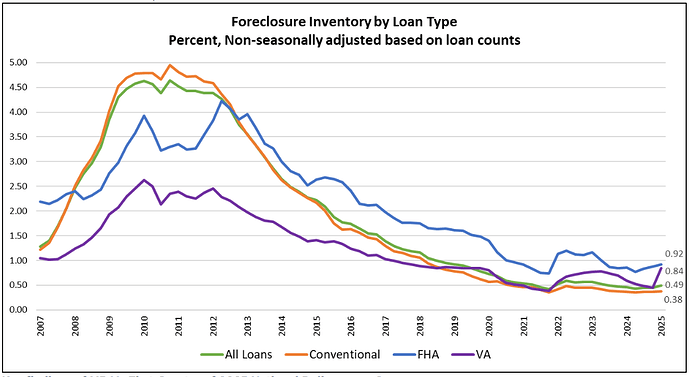One thing that astounds me repeatedly is that journalists don’t even try anymore. Instead of finding a real and relevant example, they simply write (and lately, just have an AI write) an article with whatever they have. Here’s an example - https://www.cnn.com/2024/07/01/business/adjustable-rate-mortgages-higher-payments
Last year, when Jennifer Hernandez received notice that the mortgage payments on her Houston home would jump about $2,000 per month, she was stunned.
Okay, good hook, unfortunate person with a sudden huge increase in monthly payment.
Hernandez refinanced her home loan in 2016 using an adjustable-rate mortgage loan, which has a low introductory rate for a fixed initial period.
Ah, so she had from 2017 through 2022 to refinance into a fixed rate loan at VERY low rates, as low as 2.625%, but certainly under 4%. Okay, maybe still unfortunate because of general ignorance…
Hernandez, who is herself a loan officer, had misremembered the terms of her $1.1 million loan: rather than a 10/1 ARM, which has a fixed rate for the first ten years and resets every year after that, Hernandez had taken out a 7/1 loan.
Ah, so NOT ignorance. She is intimately familiar with how loans work. It’s her job! And the mistaking 7/1 versus 10/1 is no excuse. Whether it was a 7/1 OR a 10/1, when those extremely low fixed rates were available, it was crazy to not refinance ANY adjustable mortgage into a fixed loan to lock in those low rates. The only exception, of course, is if you were planning an imminent move.
I’ve been slammed with kids and work for the last seven years.
Yes, the REASON you were slammed with work is because all those customers were taking advantage of the lowest rates they are likely to see in their lifetimes.
The author of this article could have found a much more sympathetic example. Maybe someone who was in the process of refinancing in 2022 and suddenly lost their job so the mortgage bank couldn’t get the refi to go through. And now they are stuck with their rate adjusting higher.
ARMs have become more popular over the last 2 years, and that’s because they always become popular when people expect rates to drop in the future. But I wonder if mortgage rates will drop much as short-term rates go down? Remember that mortgage bonds compete with treasuries (let’s say 10-year, 20-year, and 30-year vintage to some extent) and there is a very large supply of those, so with a very high supply overall (of bonds with 8+ year average duration), and maybe somewhat higher demand, prices aren’t going to rise much, and if prices of bonds don’t rise much, their rates don’t drop much.

